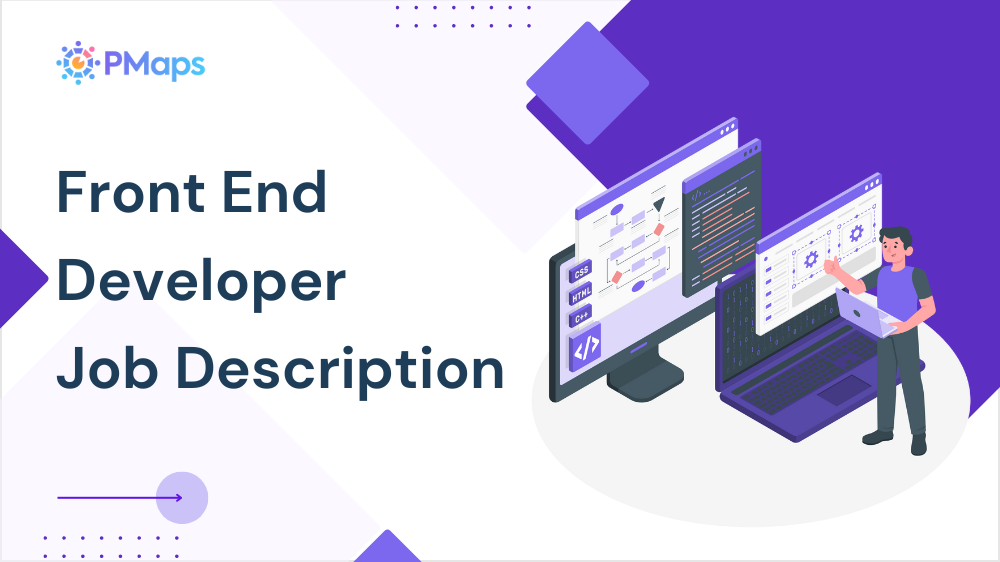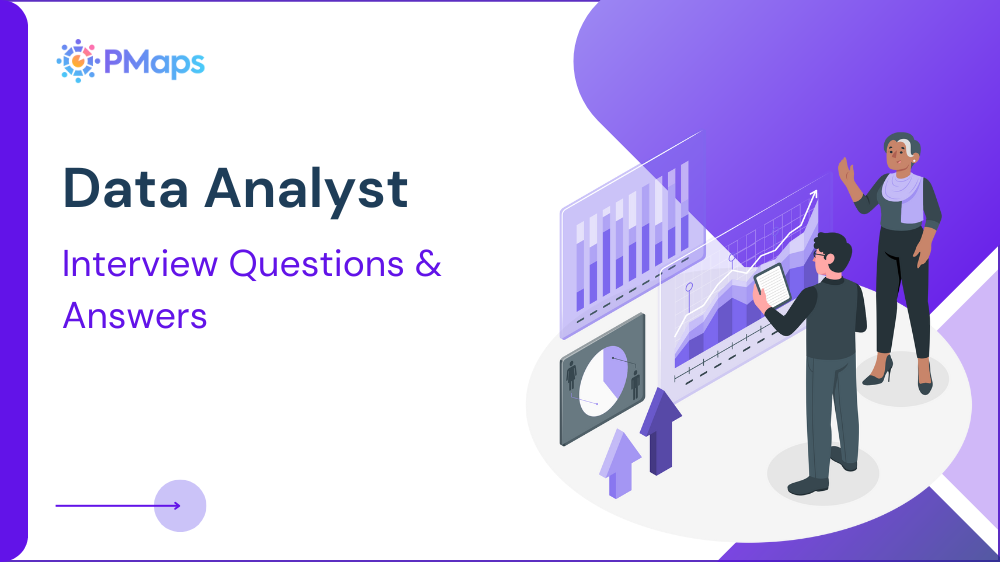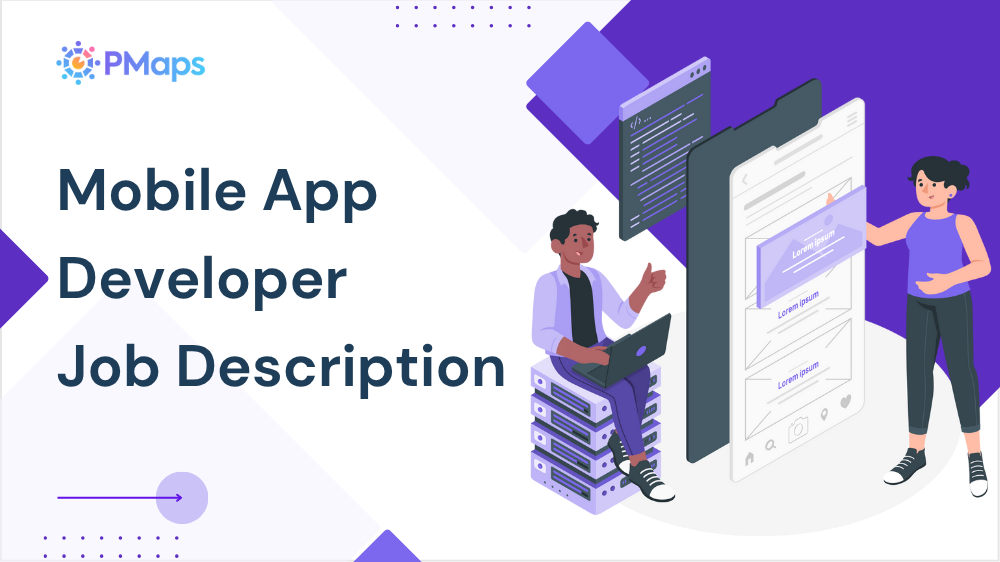
A Front End Developer is responsible for building the client-side of web applications the part users see and interact with. They take design files and translate them into code, crafting seamless, responsive, and visually appealing user interfaces. Working closely with UI/UX designers and backend developers, front end developers ensure that every interaction on the web page feels natural and intuitive.
They use technologies like HTML5, CSS3, JavaScript, and frameworks such as React, Angular, or Vue.js to develop dynamic features, optimize performance, and ensure compatibility across devices and browsers. A good front end developer also understands web accessibility, page load speed, responsive design, and user-centered design principles.
Front End Developer Roles & Responsibilities
As a Front End Developer, you will be responsible for transforming user interface designs into interactive, accessible, and performance driven web applications. This role involves close collaboration with design, engineering, and product teams to ensure seamless, responsive user experiences that align with business goals.
- Create layouts that scale across devices using HTML5, CSS3, and JavaScript, ensuring visual consistency and usability.
- Develop reusable components and interfaces using frameworks like React, Angular, or Vue.js based on project needs.
- Identify and fix layout or scripting issues across multiple browsers to maintain a consistent user experience.
- Apply best practices like lazy loading and code splitting to reduce page load time and improve interactivity.
- Connect UI components with backend services via RESTful or GraphQL APIs to support dynamic data rendering.
- Develop inclusive interfaces that meet accessibility guidelines (WCAG) and support diverse user needs.
Screen for skill, not just style, use the Front End Developer Test.

Objective of the Front End Developer Role
The primary objective of a Front End Developer is to create engaging, efficient, and user-centric digital interfaces that align with product goals and enhance customer experiences. This role focuses on translating visual designs into functioning code, improving UI performance, and ensuring accessibility and consistency across platforms. The developer plays a key role in bridging design and technology, helping teams build scalable, maintainable front-end systems.
- Bring static designs to life with clean, responsive, and interactive elements.
- Ensure the application is usable across devices, screen sizes, and browsers.
- Apply modern techniques to reduce latency and improve visual rendering.
- Build front-end systems that can grow with the product roadmap and design system.
- Develop interfaces that are inclusive, compliant, and easy to navigate for all users.
- Work with designers, engineers, and stakeholders to deliver features from concept to launch.
Qualification and Skill Requirements For Front End Developer
To be successful in this role, a Front End Developer must possess a combination of strong technical expertise, problem-solving ability, and a deep understanding of user interface development. The ideal candidate is both detail-oriented and collaborative, capable of translating product vision into functional, high-performing front-end architecture.
- A formal technical education or equivalent hands-on experience in front-end development
- Strong foundational skills in front-end technologies and DOM manipulation.
- Hands-on experience building applications with React, Angular, Vue.js, or similar.
- Ability to design and develop interfaces that adapt fluidly to any device.
- Competent with Git, GitHub, or GitLab for managing codebase and team collaboration.
- Ability to integrate front-end components with back-end data services.
- Awareness of techniques to reduce load times, such as lazy loading and code splitting.
- Ability to build inclusive interfaces following WCAG guidelines.
- Ability to identify and resolve UI issues independently and efficiently.
- Comfortable working initiative development cycles with cross-functional teams.
What to ask a Front End Developer in an interview? Tips to cross check analytical thinking without technical jargon.
Perks and Benefits of the Front End Developer Role
We believe great developers deserve an environment that supports both personal and professional growth. As a Front End Developer, you’ll gain access to modern tools, flexible work options, and a collaborative culture where your contributions shape the user experience of thousands.
- Compensation that reflects your skills, impact, and market standards.
- Work from anywhere or join our team onsite with a flexible schedule.
- Medical, dental, vision, and mental wellness support for you and your family.
- Annual allowance for online courses, certifications, or conference participation.
- Subsidy for upgrading your workspace with preferred tools and hardware.
- Generous leave policies including vacation, sick days, and public holidays.
- Paid leave and resources to support your family during key life moments.
- Work in a team that values code quality, peer reviews, and shared ownership.
- Dedicated time to experiment, collaborate, and build outside the roadmap.
Tips for Employers to Craft an Effective Front End Developer
Hiring the right Front End Developer starts with a job description that clearly communicates expectations, responsibilities, and the value your company brings. A well-structured, role-specific description not only improves candidate quality but also reduces time-to-hire.
- Be specific about your tech stack.
- Highlight the scope of influence
- Avoid vague role titles
- Show career growth opportunities
- Define what success looks like
- Tailor benefits to developer priorities
- Include a technical assessment









